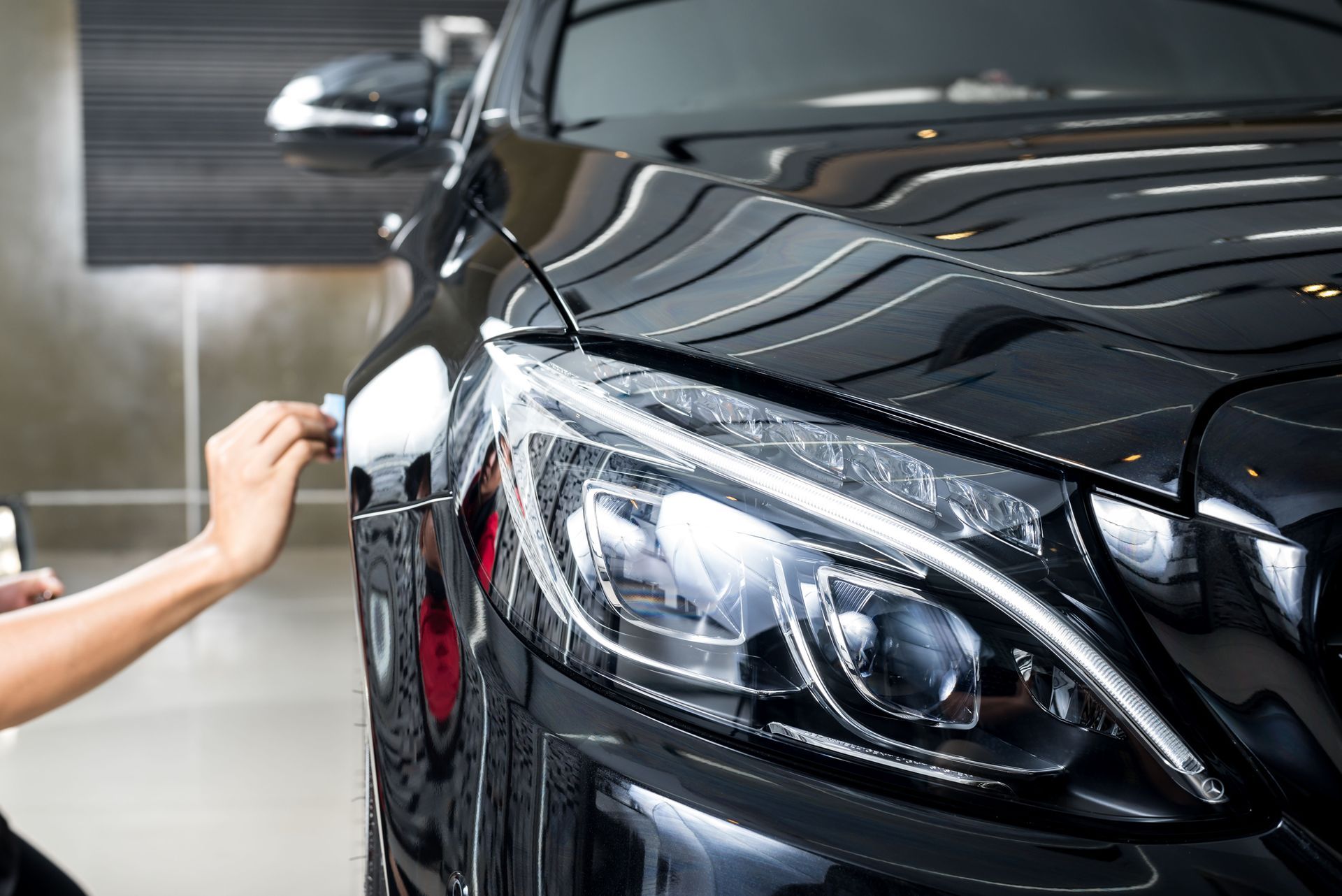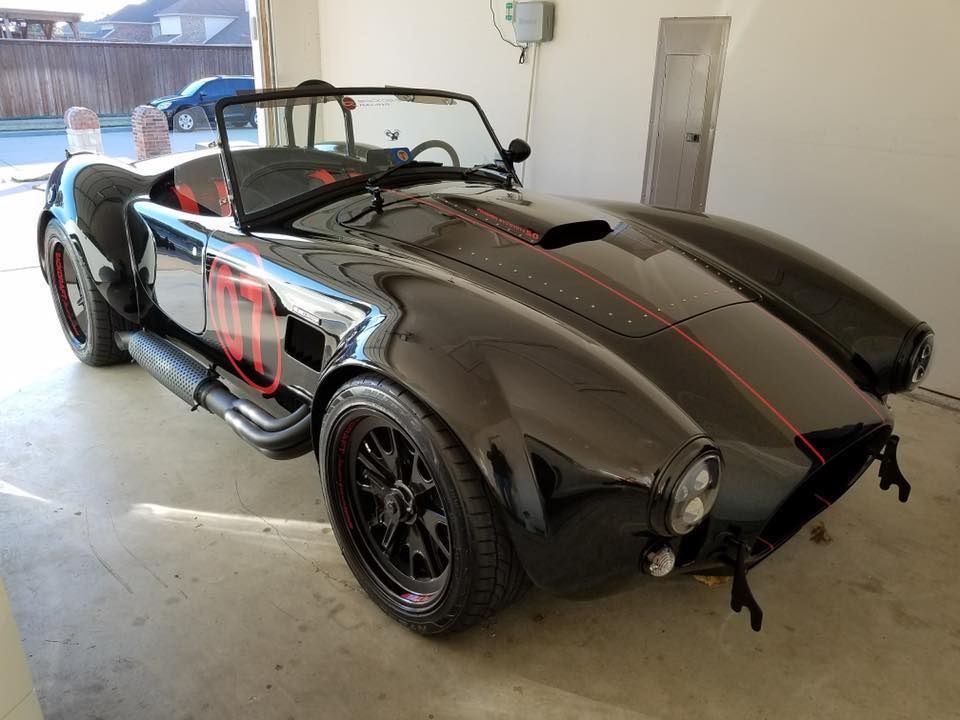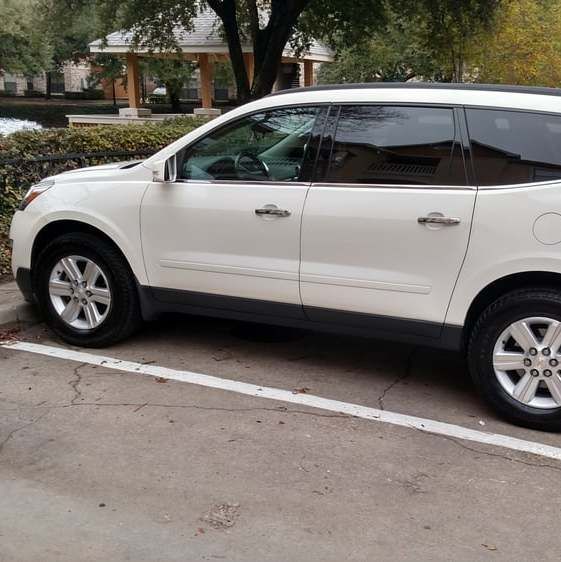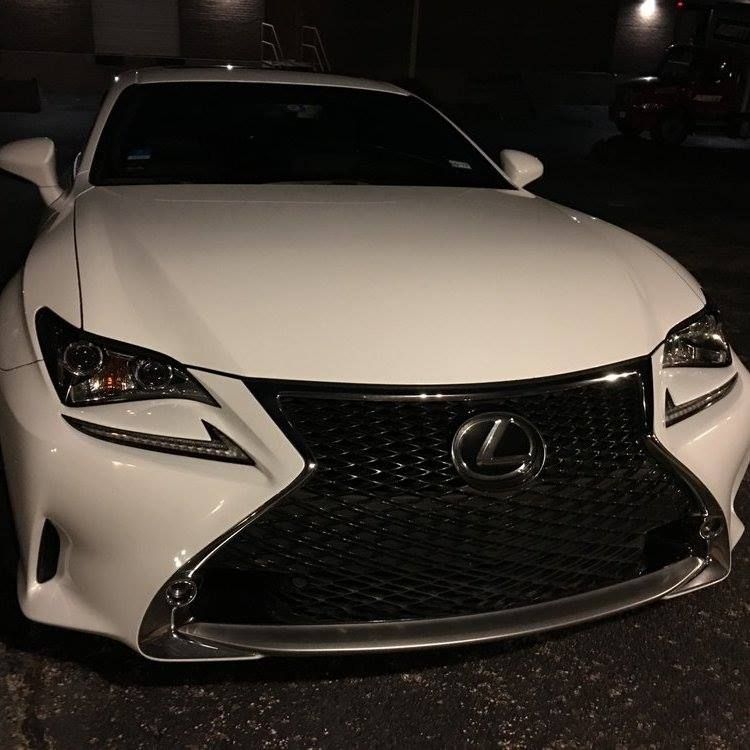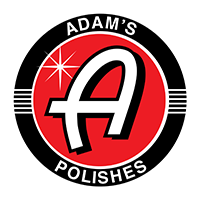Auto Detailing Services
Dallas-Fort Worth Metroplex
High-End Products and Equipment
Projects Typically Completed Same-Day
First Responder and Military Discounts
Request Lorem Epsom
Hero Request Form
Thank you for contacting us.
We will get back to you as soon as possible.
Please try again later.
Revitalize Your Ride With Ultra Shine Auto Detail
At Ultra Shine Auto Detail, we're passionate aboutmaking your vehicle into a gleaming masterpiece. With over 26 years of experience serving the Dallas-Fort Worth Metroplex, we've perfected the art of auto detailing. Our team uses high-end, state-of-the-art products and equipment from industry leaders like 3M, Kamikaze Coatings, Adam's Polishes and Coatings, and Sonix to ensure your car receives the royal treatment it deserves. We're not just another car wash - we're certified in metal oxide, titanium, graphene, and borophene coatings, offering unparalleled protection for your vehicle's paint.
We're proud to offer services that are eco-friendly and we stand behind our work, with satisfaction guaranteed. From electrostatic spray treatments to specialized hazmat work, we provide a unique range of services to meet your specific needs, often completing projects the same day. Plus, we offer convenient mobile detailing services, bringing our expertise right to you. As a locally owned business since 1999, we understand the importance of community. That's why we offer special discounts for first responders and military personnel.
Contact us today and let's make your car shine like never before!
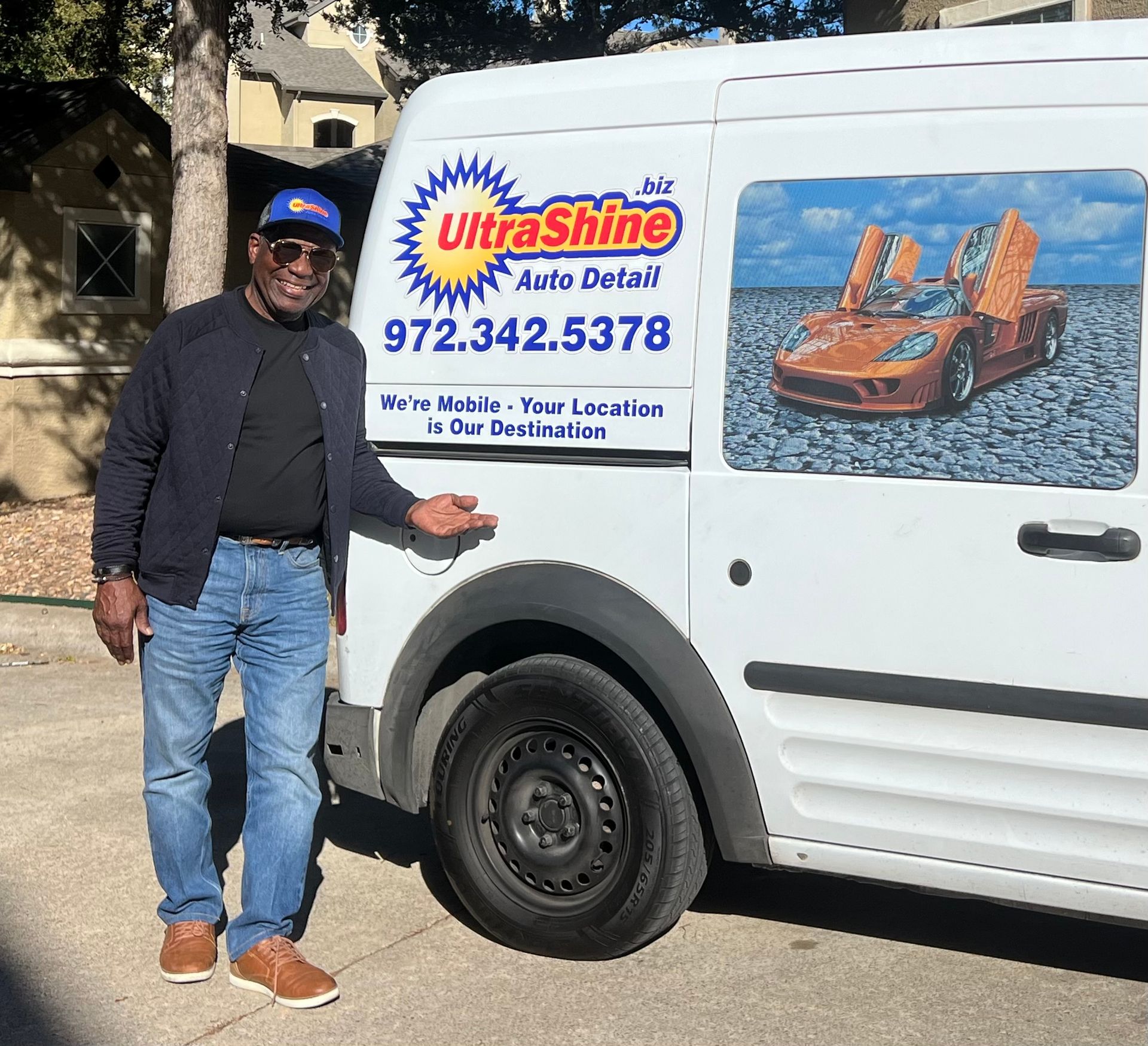
Why Choose Us
Over 26 Years in Business
High-End Products and Equipment
Eco-Friendly Services
Certified in Metal Oxide, Titanium, Graphene, and Borophene Coatings
Projects Typically Completed Same-Day
Satisfaction Guaranteed
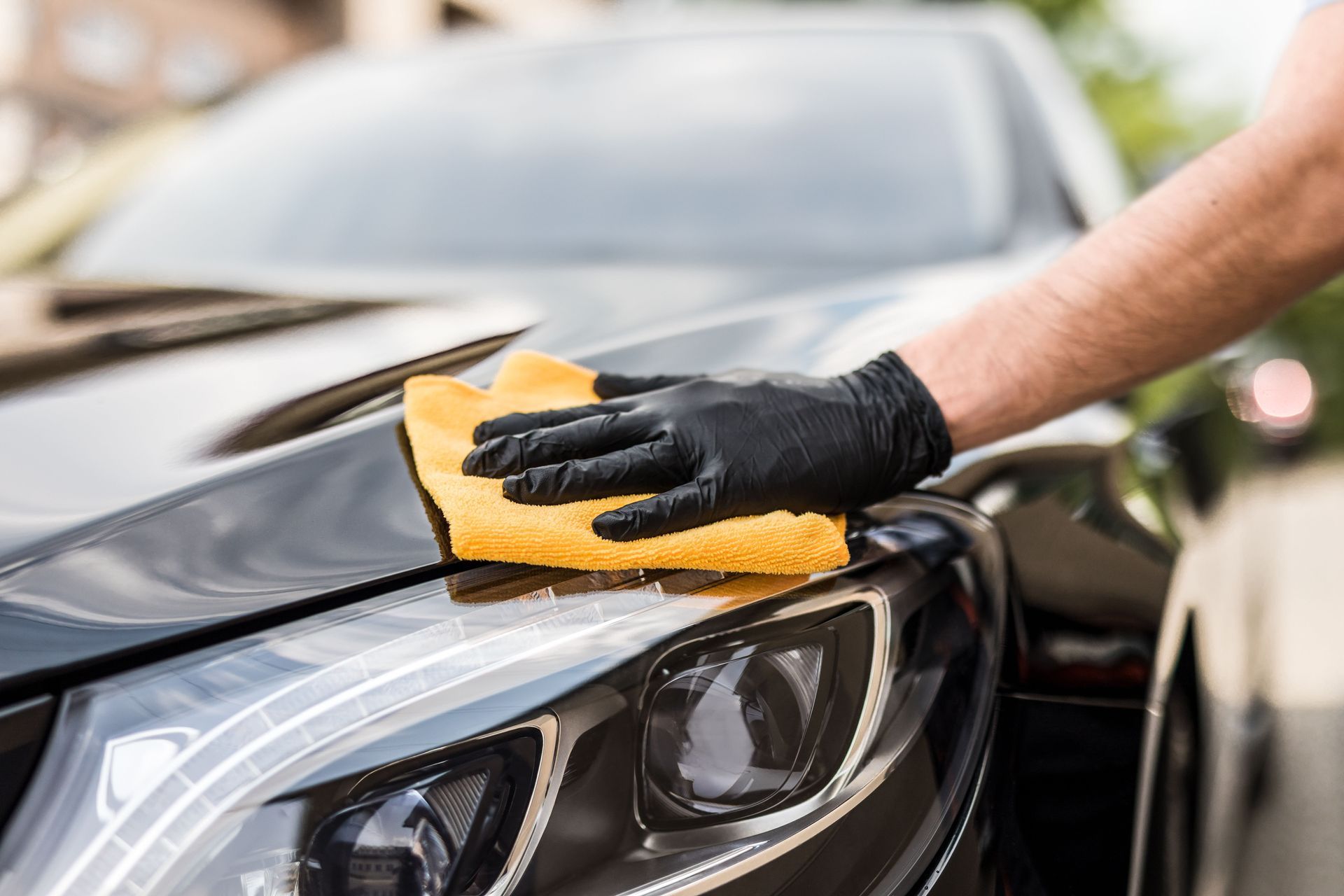
Car Washing Services
Mobile Detailing Services
Can't come to us? No problem! Our mobile detailing services bring the Ultra Shine experience right to your location. Whether you're at home or work, our fully-equipped mobile units can provide the same high-quality detailing services you'd receive at our shop.
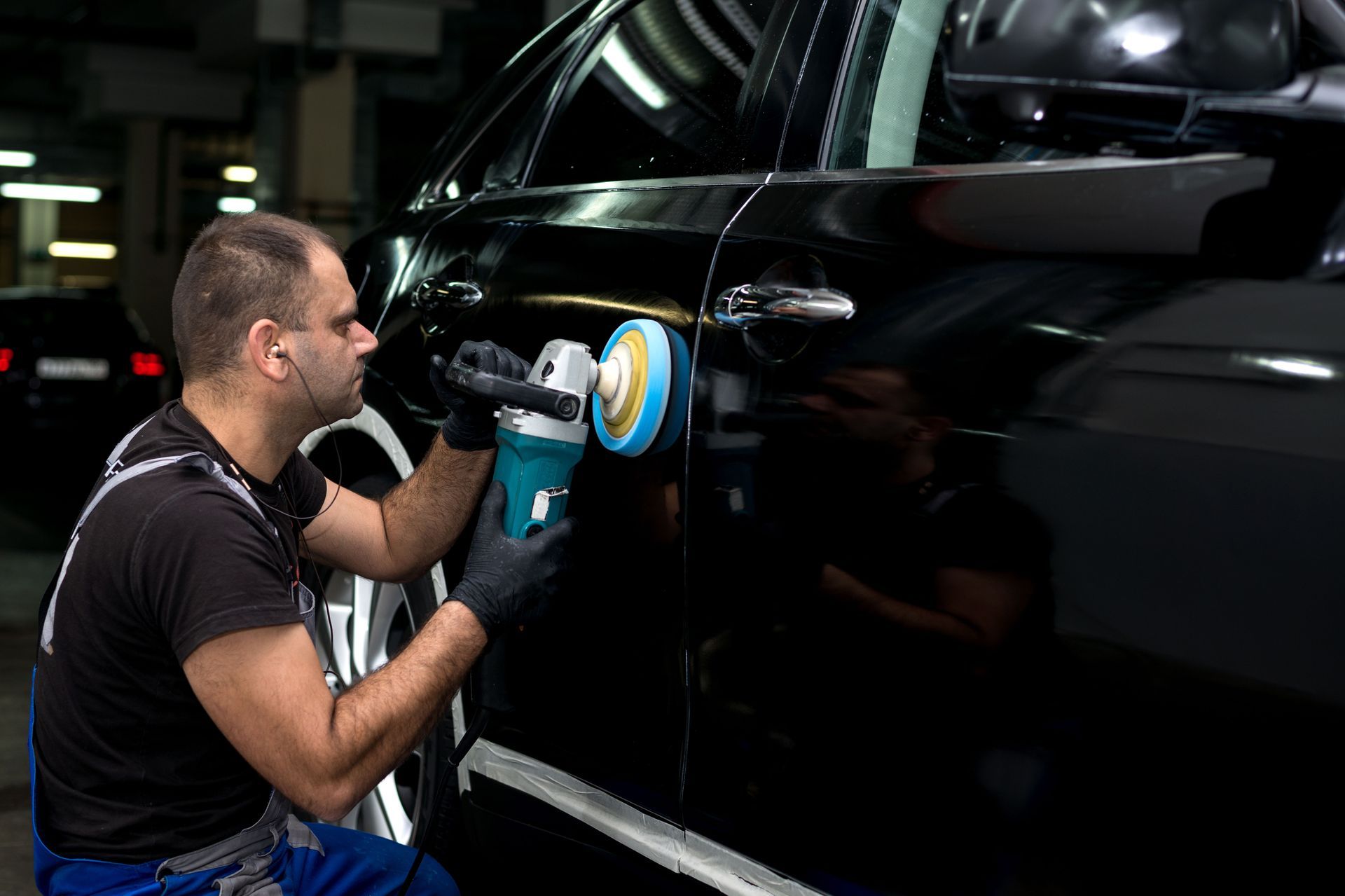
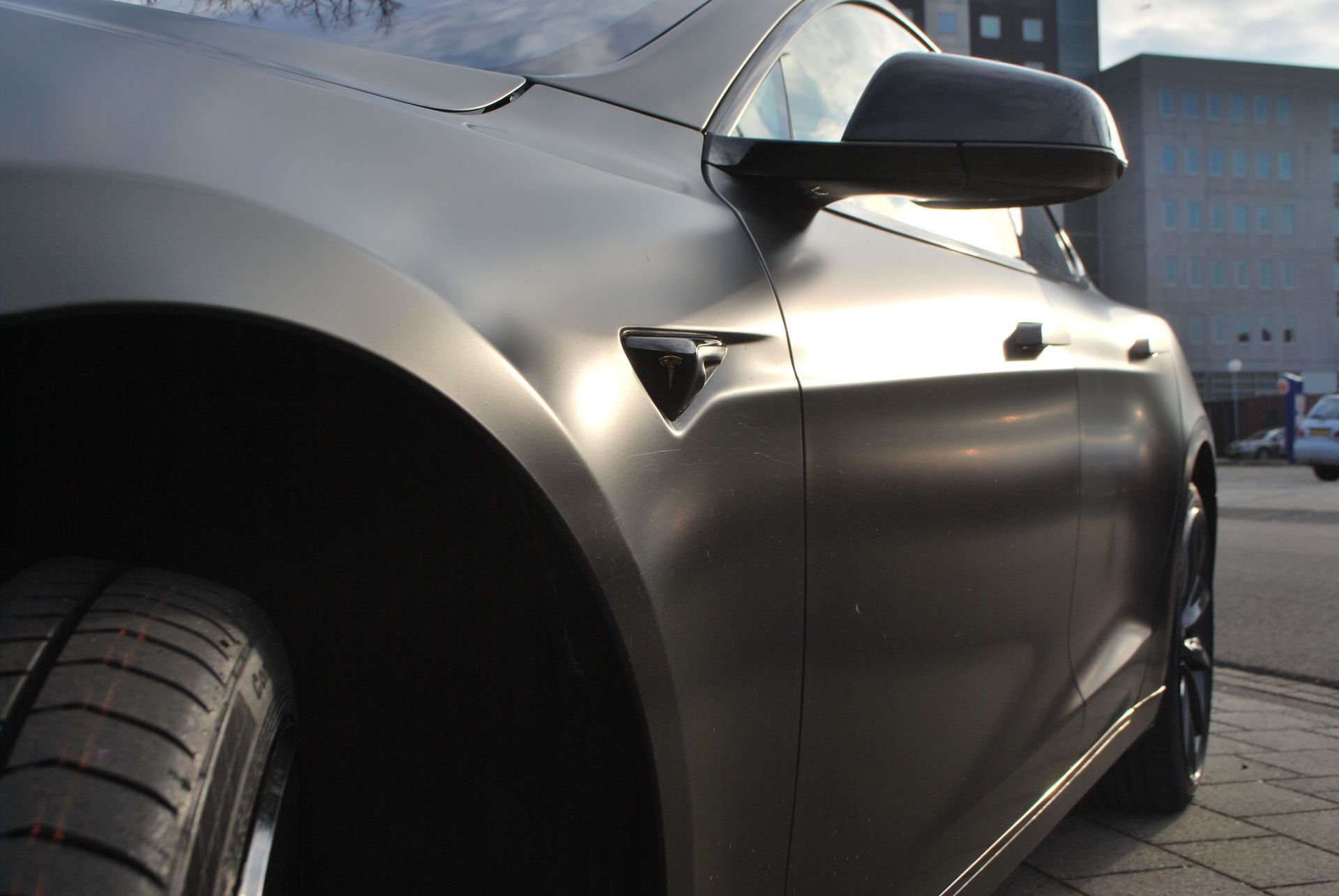
Paint Protective Coatings
Protect your vehicle's paint with our advanced protective coatings. We're certified in applying cutting-edge metal oxide, titanium, graphene, and borophene coatings. These innovative solutions provide long-lasting protection against environmental damage, UV rays, and minor scratches, keeping your car looking newer for longer.
Referral Program
Love your freshly detailed ride? Share the experience! When you refer a friend, they’ll enjoy the same premium detailing experience you love—and you’ll receive exclusive perks like discounts or free add-on services for your next visit.
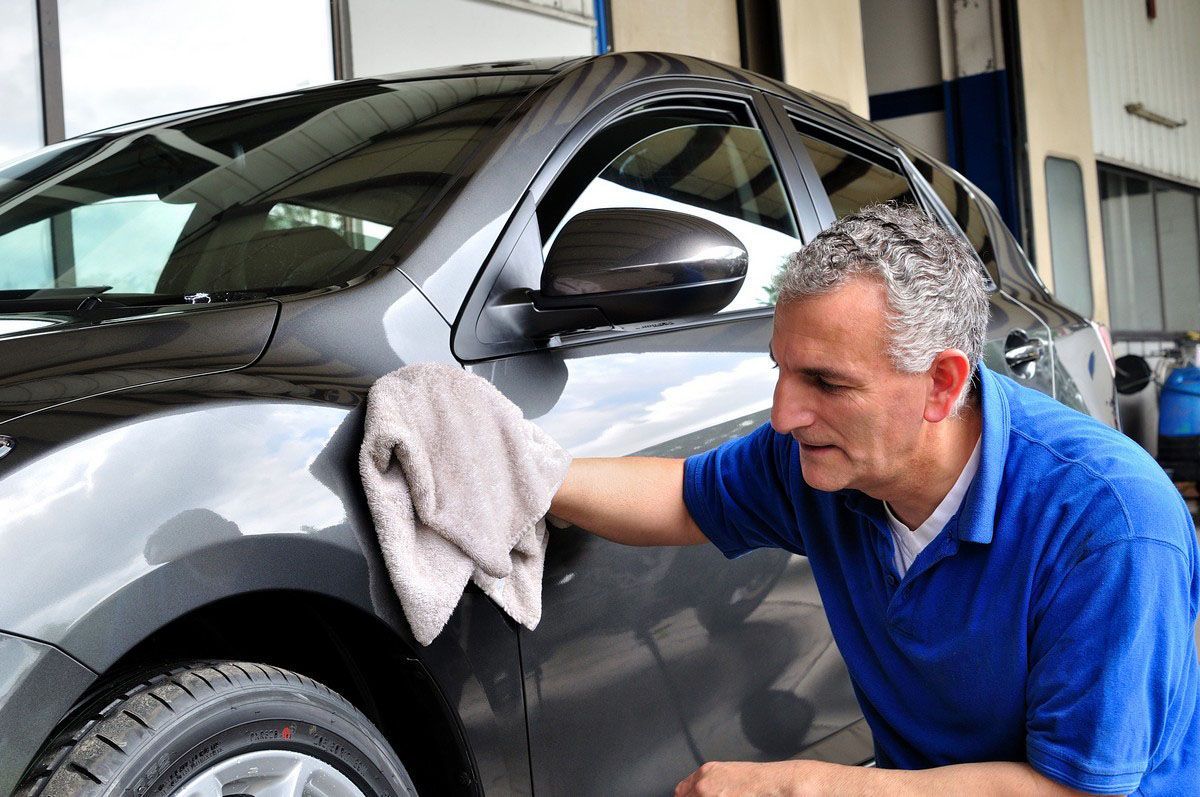
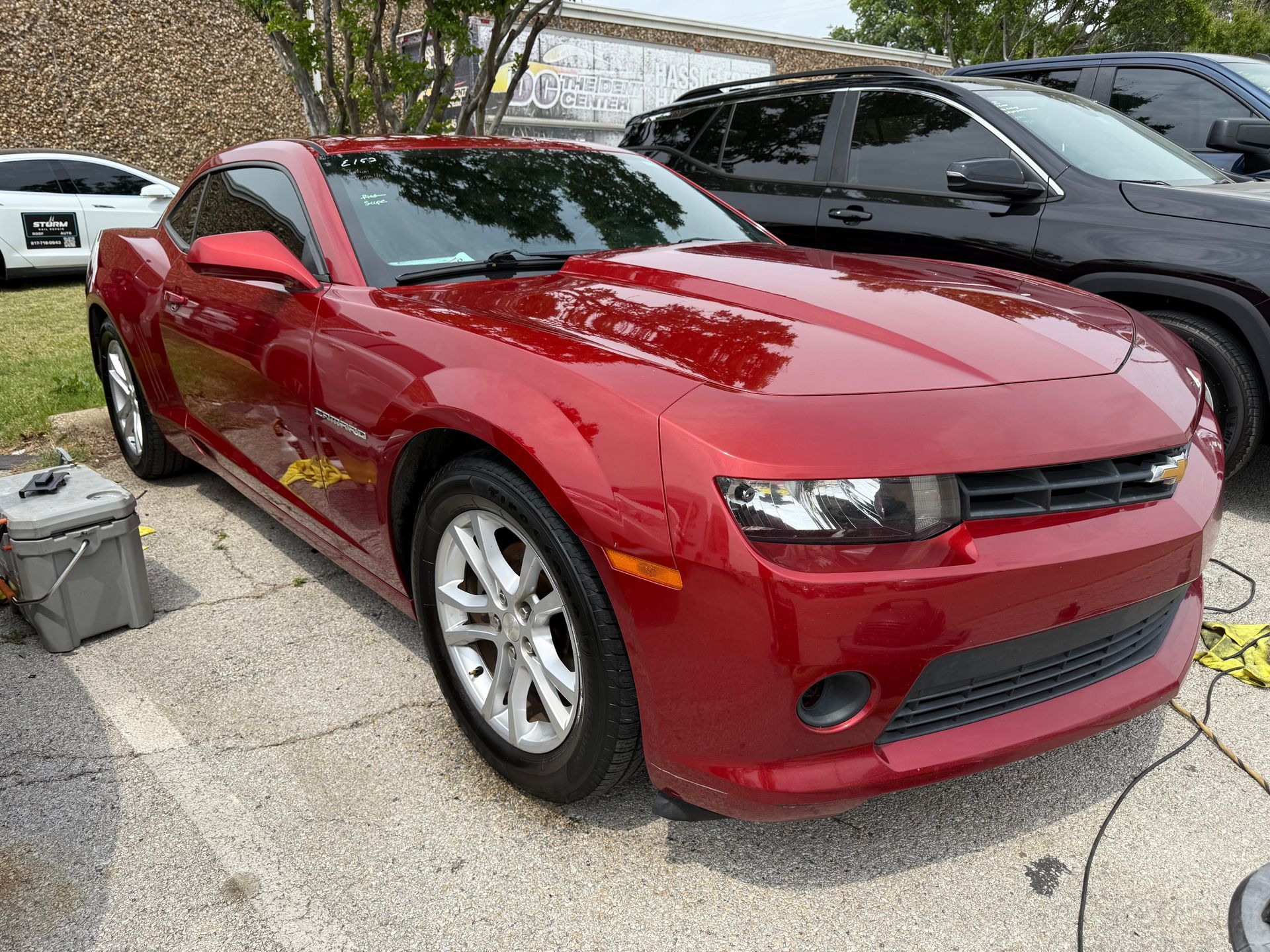

Not valid with any other offers or promotions. Restrictions apply.
Must mention this coupon at the time of scheduling.
Here's what our satisfied customers are saying...
At Ultra Shine Auto Detail, we take pride in providing exceptional auto detailing, washing, and coating services to our customers. We would be grateful if you could share your thoughts about our business with others. Your feedback helps us improve and helps others make informed decisions. Please take a moment to leave a review of Ultra Shine Auto Detail and let others know what you think.
